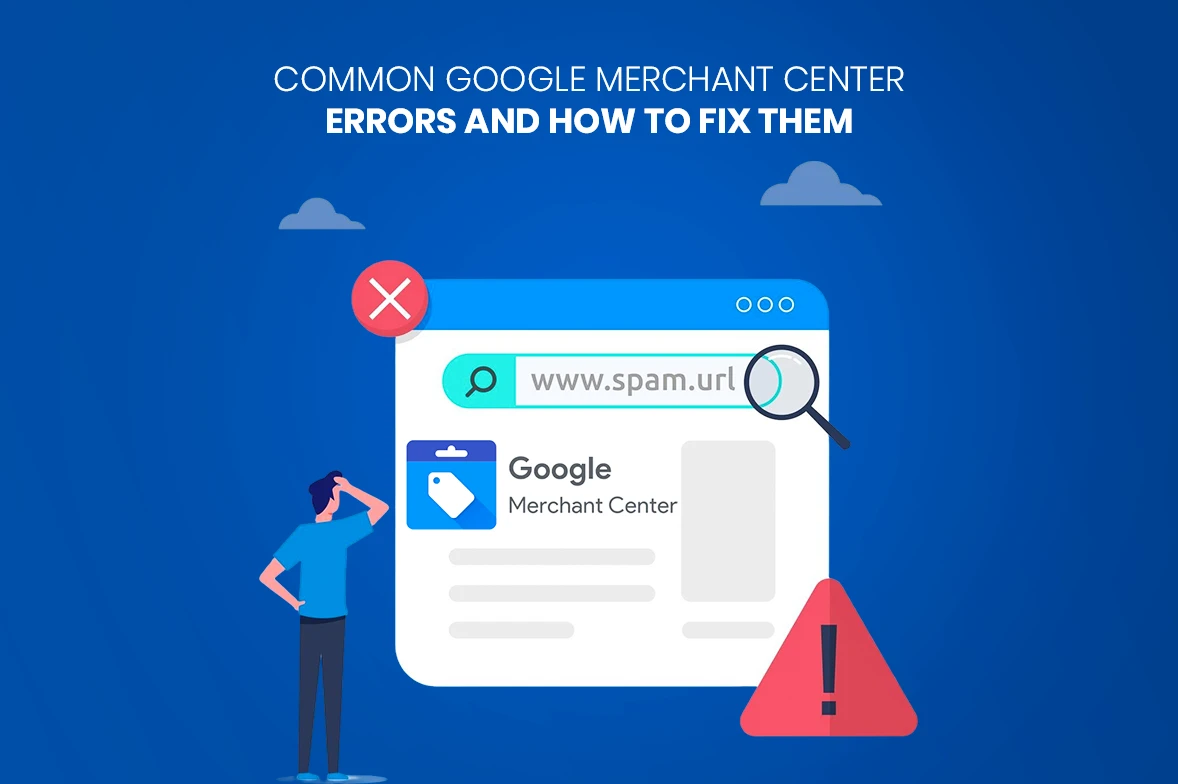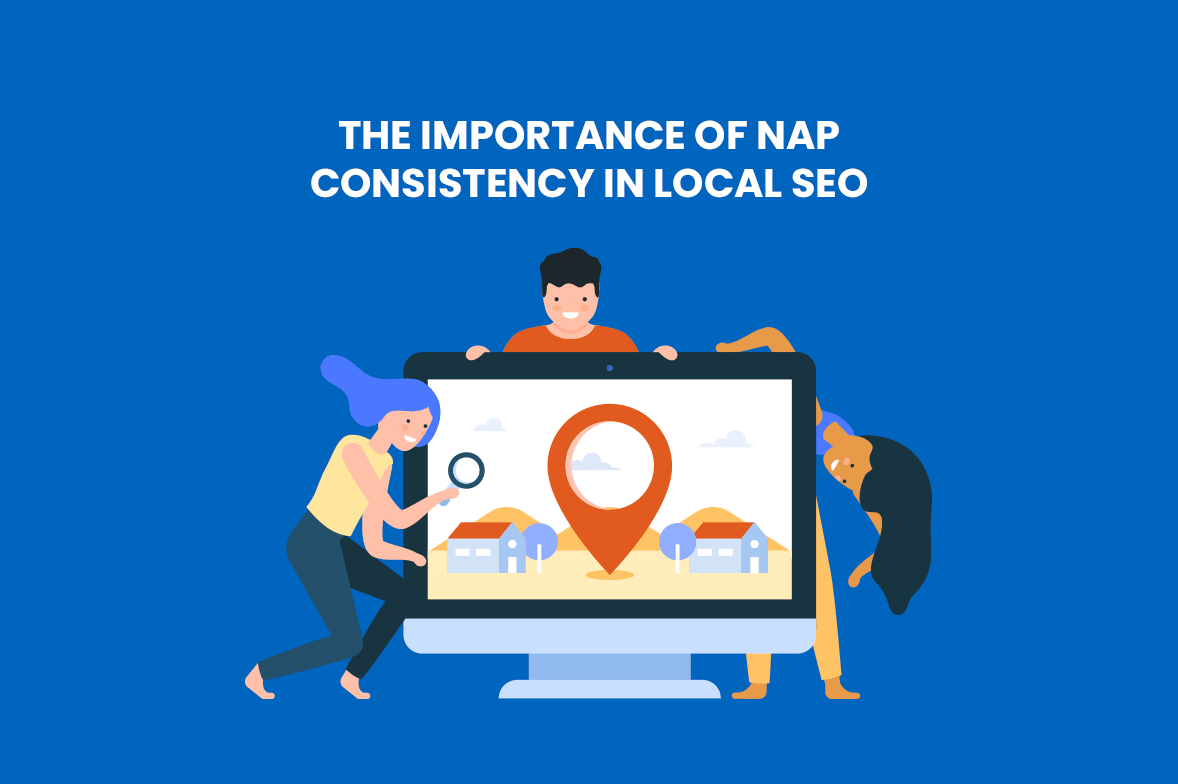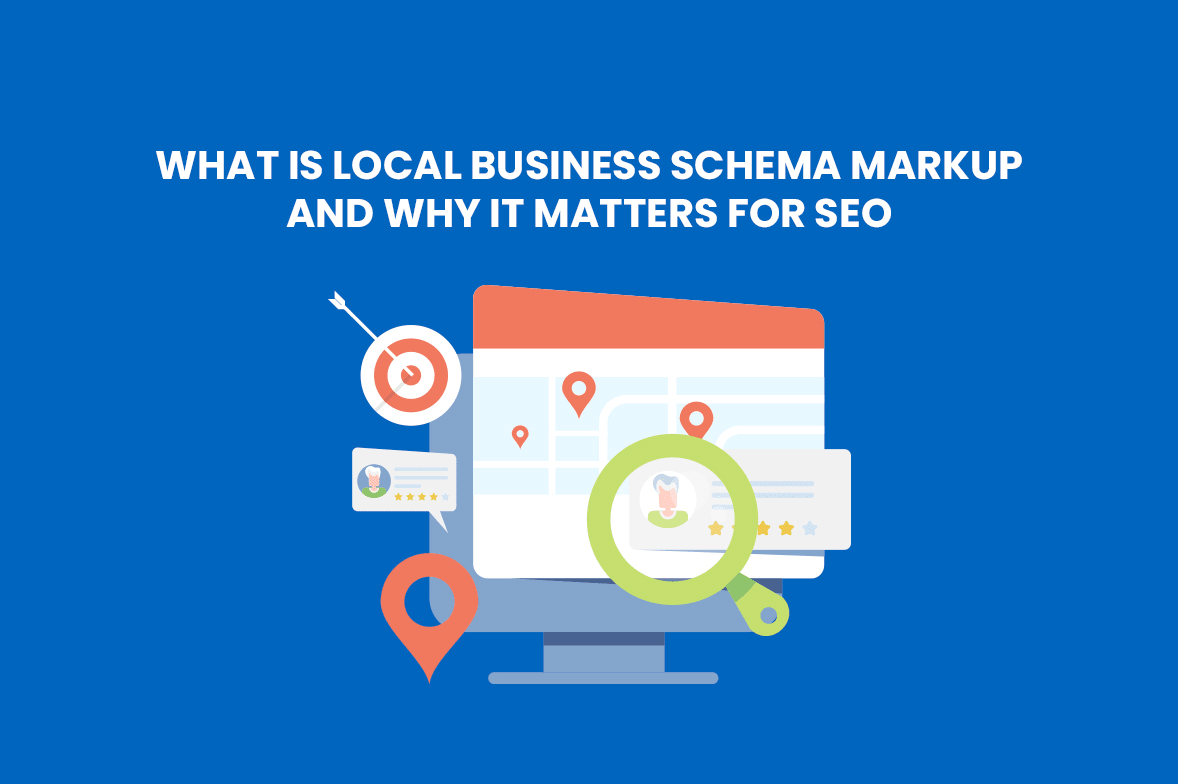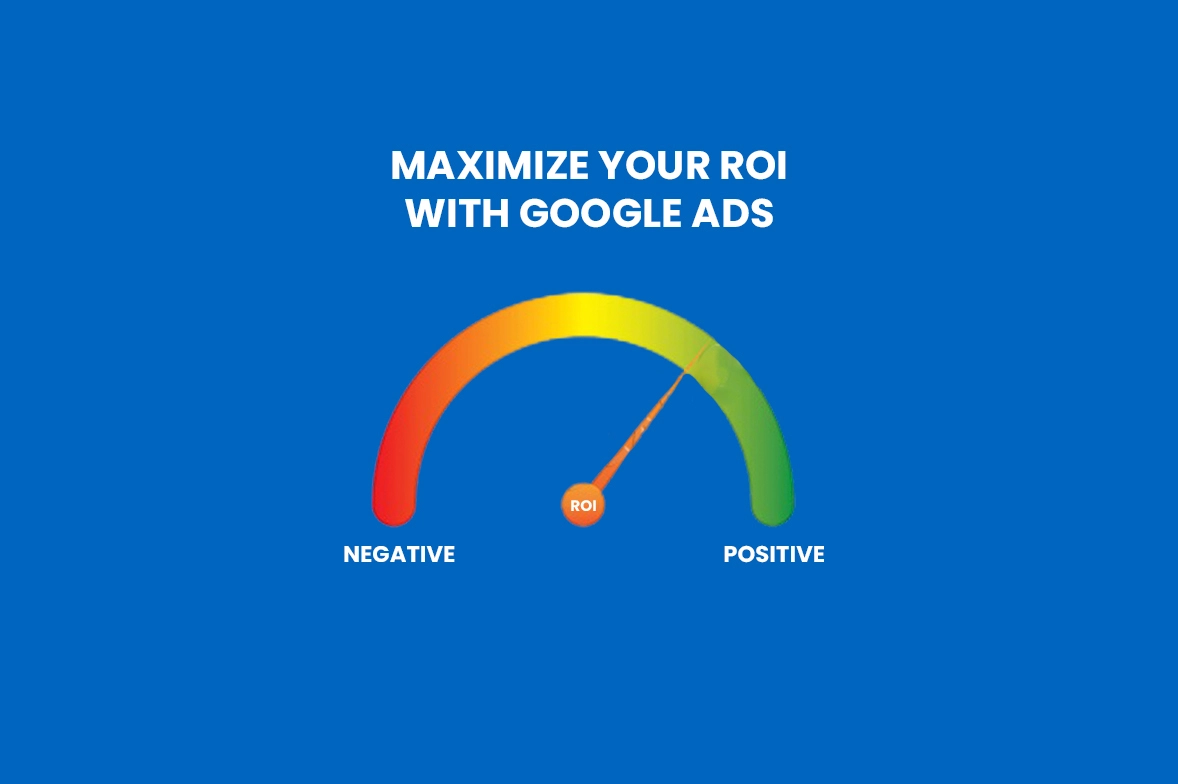
Effective Strategies For Growing Organic Traffic In 2024
Visitors who find your website through search engines, like Google or Bing, instead of paid ads, are considered organic traffic. Its high value is due to the indication of active search, increasing engagement, and potential customer conversion. To increase organic traffic in 2024, prioritise content optimisation, AI-driven SEO tools, and mobile speed. The most important thing is still to produce valuable, personalised content that aligns with user intent. AI-based SEO tools are necessary to effectively target keywords and adapt to changing search engine algorithms. The adoption of mobile-first indexing and the optimization of site speed for mobile devices increase visibility. By engaging audiences on different platforms and using data-driven insights, we can continuously grow organic traffic in the ever-changing digital landscape of 2024.
Some Techniques For Increasing Organic Traffic
Optimising Pages With Human Mind, Rather Than Search Engines
Consider the overall user experience when optimising your pages with humans in mind. Ensure your website is easy to navigate, with clear menus, logical page structure, and fast loading times. Focus on delivering valuable and relevant information to your readers in terms of content. Develop attention-grabbing headlines and introductions that compel them to read on. Enhance the appeal of your pages with engaging visuals like images and videos. It’s about establishing trust and delivering valuable content that meets your audience’s needs. By putting the human element first, you can develop a website that resonates with visitors and entices them to come back.
Create A Blog
The creation of a blog is key to driving organic traffic through valuable and consistent content. Blogs allow for addressing audience queries, providing insights, and offering niche-specific solutions. Every post allows for targeting relevant keywords to boost search engine visibility. Engaging, informative blog content not only attracts visitors but also encourages social sharing and inbound linkin’s authority. Updating the blog with quality content that meets audience needs can lead to a significant increase in organic traffic, while also establishing credibility and building connections with the audience.
Publish Content Regularly
Regularly publishing content gets the attention of search engines like Google, resulting in more frequent indexing of your website. This increases the likelihood of your content appearing in search results for relevant keywords or topics. Optimise your content with relevant keywords to attract targeted organic traffic to your website. Furthermore, consistent content publishing maintains audience engagement and encourages return visits. Consistently providing valuable and insightful content increases the likelihood of visitors becoming loyal followers and sharing your content with others. Over time, this word-of-mouth promotion can lead to a significant increase in your organic traffic. Improved visibility and credibility can result in higher organic traffic and better search engine rankings for your website. Remember, search engines prioritise websites that regularly publish fresh and up-to-date content, so make it a priority.
Optimise Content For The Featured Snippet
Optimising content for the featured snippet is a powerful way to increase organic traffic. Crafting concise, direct answers boosts the chances of appearing as a featured snippet in search results. Visibility can be improved by structuring content with clear headers, bullet points, and schema markup. Aligning content with snippet-friendly formats such as paragraphs, lists, or tables can help sites secure the prime position in search results, resulting in higher click-through rates and organic traffic.
Integrate Relevant Keywords On Your Page
Effective SEO (Search Engine Optimization) requires integrating relevant keywords into your web page. By strategically using relevant keywords, you can boost your page’s visibility on search engines. Start by conducting in-depth keyword research to identify terms and phrases that align with your content and match user search queries. Integrate these keywords into your page’s title, headings, and body text seamlessly once you have a targeted list. It’s important to maintain a natural flow and readability, avoiding keyword stuffing that can harm user experience and search rankings. To improve your website’s search engine ranking and attract the right audience, it is crucial to optimise your content with pertinent keywords, thus ensuring a more successful online presence.
Find New Keywords To Fill In Gaps
The process involves utilising a variety of keyword research tools and techniques to uncover untapped keyword opportunities. Through the exploration of related keywords, long-tail keywords, and competitor keyword analysis, you can find new concepts and themes to incorporate in your blog posts. Through the incorporation of these new keywords into your content strategy, you can address the shortcomings in your current content and increase organic traffic. These keywords are the key to optimising your blog posts for search engines, ensuring your target audience can find and engage with your content effortlessly.
Target “People Also Ask” And FAQ Sections
Increasing organic traffic relies heavily on optimising content for PAA(people also ask) and FAQ sections. These sections provide direct insights into user queries, enabling websites to address concerns and align with search intent effectively. Incorporating PAA content and comprehensive FAQs can help a website cater to a diverse range of user queries, expanding its search visibility. These sections not only improve search engine rankings but also enhance the user experience by offering quick, relevant answers. Prioritising user satisfaction through search algorithms involves aligning content with PAA and FAQ trends, leading to a competitive advantage in attracting and retaining organic traffic.
Create An Enticing Meta Tag And Meta Description
Crafting an enticing meta tag and description is crucial in the competitive world of blogging to attract readers and boost your search engine optimization. As an expert blogger, you possess the skills to craft attractive snippets that not only capture attention but also provide an accurate representation of your blog post. Craft a meta tag that captivates readers by giving them a glimpse into the valuable information awaiting them in your blog. By choosing relevant keywords, your meta tag can attract readers and aid search engines in understanding your post’s subject. Ensure your meta tag and meta description are in sync with your blog post’s content. Avoid misleading expectations by accurately reflecting the main points and key takeaways of your article.
Conduct A Technical SEO Audit
The process of conducting a technical SEO audit is vital for improving your website’s search engine rankings and overall visibility. Through a comprehensive analysis of your website’s technical aspects, you can identify any problems or opportunities for enhancement that might be affecting your organic search results. In a technical SEO audit, you evaluate elements like site speed, mobile-friendliness, URL structure, and indexing. Analysing these factors helps identify potential obstacles to search engine understanding and indexing of your website. One crucial aspect of a technical SEO audit is evaluating your speed. Slow-loading websites annoy visitors and hurt search engine rankings.
Implement Technical SEO Best Practices
Implementing technical SEO best practices is crucial for boosting your website’s visibility in search engine results. Technical SEO is the process of optimising your website’s backend structure and code so that search engines can effectively crawl and index your site. Improve your website’s performance and user experience by prioritising technical aspects such as website speed, mobile-friendliness, HTML tags, and structured data. Website speed optimization is a key aspect of technical SEO. Slow-loading pages frustrate visitors and harm your search engine rankings. Optimising your website’s code, leveraging browser caching, and minimising file sizes can significantly enhance page load times. By utilising relevant and descriptive title tags, meta descriptions, and heading tags, you can give search engines valuable insights into your content. This aids search engines in comprehending the context and significance of your pages, boosting your visibility in search results.
Share Your Web Pages On Social Media
Leveraging social media platforms can significantly boost organic traffic. Sharing web pages on social networks extends content reach beyond search engines. Crafting captivating and shareable posts that cater to your desired audience allows you to reach extensive user bases on platforms like Facebook, Twitter, Instagram, and LinkedIn. Social sharing not only drives immediate traffic but also improves user engagement and content virality. When people find and share your content with their social circles, your website becomes more visible, resulting in higher organic reach. In addition, search engines take social signals into account when assessing content relevance and popularity, potentially enhancing your organic search rankings. Amplify your web presence and achieve sustained organic traffic growth by effectively integrating social media into your marketing efforts.
Earn Backlinks
Obtaining high-quality backlinks is crucial for increasing organic traffic. To create a strong backlink profile, focus on earning links from reputable and relevant websites in your industry. Generating top-notch, easily shareable content plays a crucial role in attracting organic backlinks, as valuable resources naturally receive links from other websites. Outreach efforts, such as guest posting, collaborations, and partnerships, can cultivate relationships and lead to authoritative backlinks. Additionally, sharing content through social media platforms and online communities can increase visibility and the probability of earning backlinks. High-quality backlinks contribute to a website’s authority, trust, and long-term organic traffic growth when acquired consistently.
Revamp Outdated Content
Update old content to boost organic traffic and see your website soar. In today’s fast-paced digital world, staying up to date with trends and information is vital for relevance and attracting visitors. Reviving older posts benefits your audience and boosts search engine rankings for more organic traffic. To revamp outdated content, start with a comprehensive content audit. Examine your current articles, blog posts, and web pages for outdated information, broken links, or irrelevant content. Once you have a clear idea of what needs updating, it’s time to dive in and start working. Begin by refreshing the details in your posts. Conduct comprehensive research on the subject and collect the most up-to-date facts, statistics, and insights. This ensures the reliability and trustworthiness of your content while also creating an incentive for your audience to return.
Organic traffic growth in the dynamic digital marketing landscape in 2024 relies on implementing effective strategies. Websites can boost their visibility and relevance by focusing on keyword optimization, social media, and quality backlinks. Aligning content with user intent involves keeping up with emerging trends, such as targeting “People Also Ask” and FAQ sections. Evolving search algorithms create synergy, resulting in immediate traffic and sustained organic growth. Embracing and adapting these approaches enables businesses to navigate the digital realm successfully, securing a prominent position in search engine rankings and maximising organic traffic potential.
Nijoe Varkey
With over 20 years of experience in digital marketing, Nijoe is the founder, CEO, and driving force behind Dinero. He is an expert in SEO, social media, performance marketing, and all fields of digital marketing. With a deep understanding of industry trends and innovative strategies, he is committed to delivering results that help clients grow.














